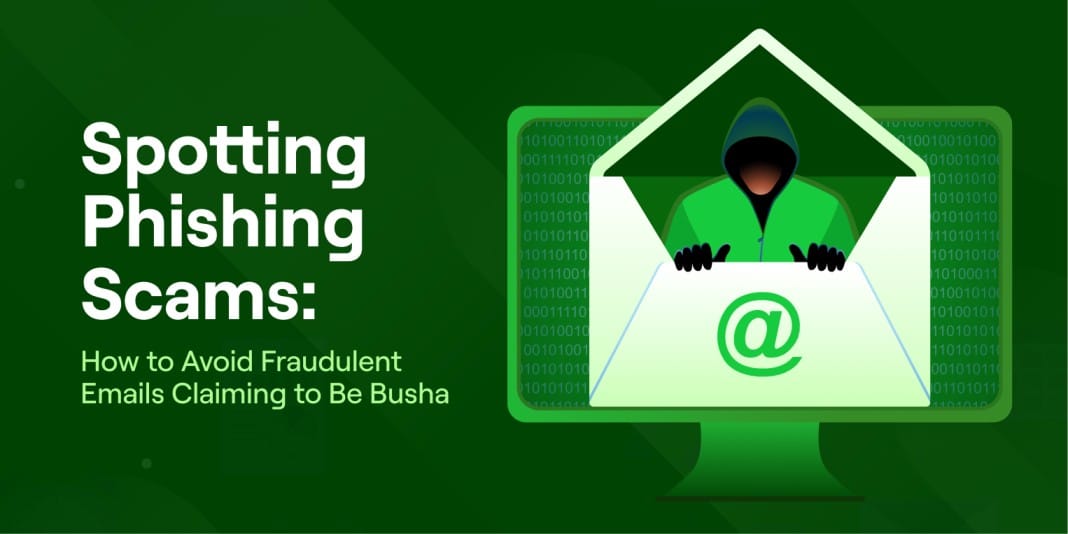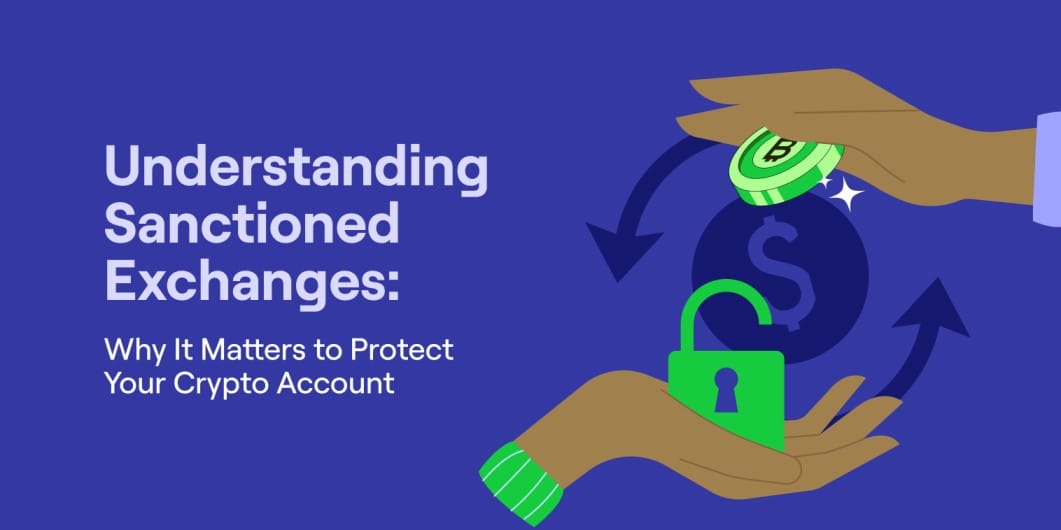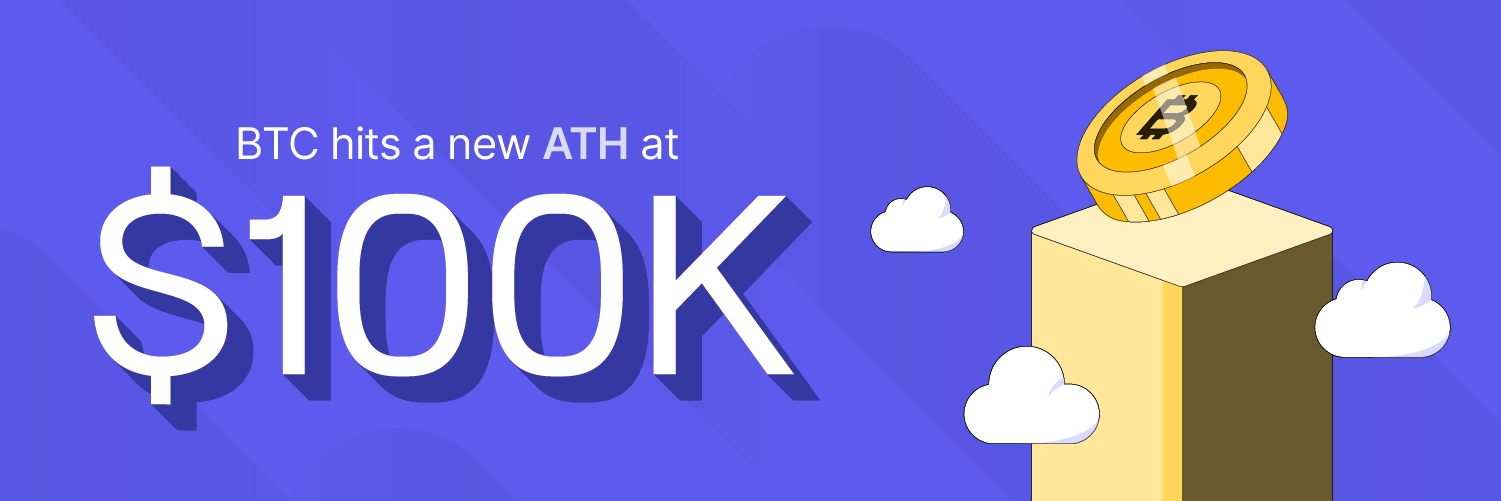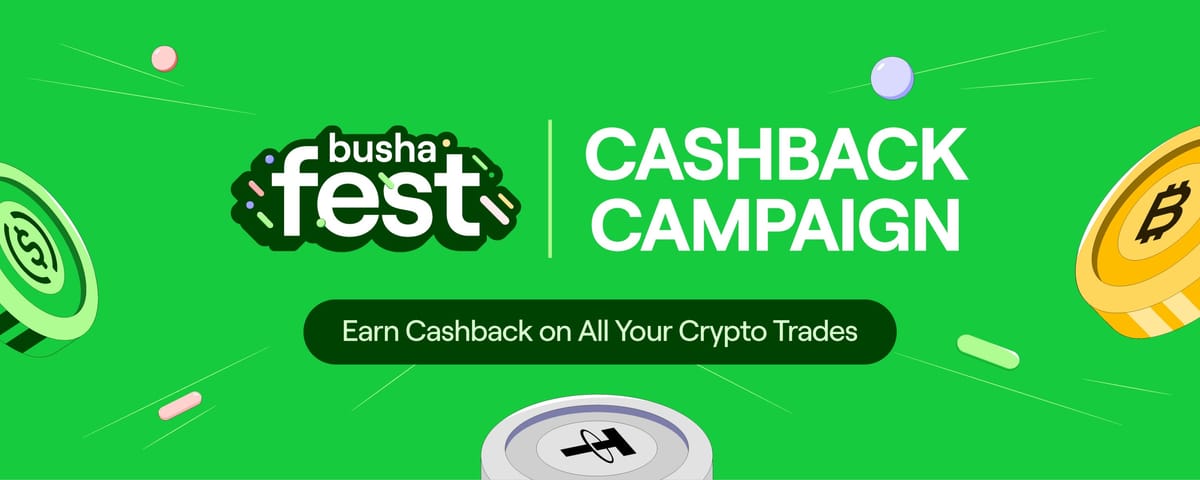
Spotting Phishing Scams: How to Avoid Fraudulent Emails Claiming to Be Busha
As cryptocurrency adoption grows, so does the creativity of fraudsters trying to deceive unsuspecting users. One common tactic is phishing scams, where scammers impersonate trusted companies to steal sensitive information. At Busha, protecting your security is a top priority, and in this post, we’ll help you identify and avoid phishing scams so you can trade confidently.
What Are Phishing Scams?
Phishing scams are fraudulent attempts to steal personal or financial information by pretending to be a legitimate organisation. Scammers often use emails, websites, or messages almost identical to those of trusted companies to trick victims into sharing sensitive details like passwords or wallet addresses.
For instance, some customers have reported receiving fake compliance emails claiming to be from Busha. These emails often use scare tactics or urgent language to push users into taking actions that compromise their accounts.
How the Scam Works
Here’s how phishing scammers typically operate:
- Impersonation: Scammers create fake emails that closely mimic official Busha communication, complete with similar logos, colours, and email addresses.
- Urgency and Fear: The emails often contain alarming messages, such as "Your account will be deactivated" or "Action required immediately to avoid suspension."
- Fake Links or Attachments: The emails include links to fraudulent websites that look like Busha's login page or attachments that contain malware.
- Data Collection: When victims click on malicious links, they are often redirected to fake websites designed to steal sensitive information, such as wallet addresses, passwords, or recovery phrases. Similarly, downloading attachments from these emails can install malware on the victim's device, compromising their security.
Red Flags to Watch For
Protecting yourself starts with recognising suspicious communication. Here are common signs of phishing scams:
- Unusual Email Addresses: Legitimate emails from Busha will always come from our official domain. Be wary of slight misspellings (e.g., bushaa.com instead of busha.co).
- Generic Greetings: Scammers often use generic phrases like “Dear Customer” instead of addressing you by name.
- Grammatical Errors: Watch out for spelling mistakes, awkward phrasing, or improper formatting in the email.
- Unexpected Attachments: Be cautious of emails containing attachments, especially if you didn’t request them.
- Urgent or Threatening Language: Scammers create a sense of urgency to pressure you into acting quickly.
How to Stay Safe
Follow these simple steps to protect your Busha account from phishing scams:
- Verify the Sender: Always check the email address and ensure it matches Busha’s official domain.
- Avoid Clicking Suspicious Links: Hover over links to inspect the URL before clicking. If it doesn’t lead to Busha’s official website, do not proceed.
- Enable Two-Factor Authentication (2FA): Add an extra layer of security to your account by enabling 2FA. This makes it harder for scammers to access your account even if they obtain your password.
- Do Not Share Personal Information: Never provide your recovery phrases, passwords, or wallet details to anyone via email. Busha will never ask for this information.
- Report Suspicious Activity: Forward suspicious emails to our support team at [support@busha.co] for verification.
How Busha Protects You
At Busha, we take phishing scams seriously and have robust measures in place to safeguard your account:
- Secure Communication: All official emails from Busha are sent through verified channels.
- Monitoring Fraudulent Activity: Our team actively identifies and shuts down fake websites and phishing campaigns impersonating Busha.
- Customer Education: We aim to inform you about the latest scams and best practices for staying safe through blog posts like this.
What to Do If You’ve Been Phished
If you suspect you’ve fallen victim to a phishing scam, take immediate action:
- Change Your Password: Update your Busha account password and any other accounts using the same credentials.
- Enable 2FA: If you haven’t already, activate 2FA to secure your account.
- Report the Incident: Contact Busha support to report the fraudulent activity and seek further assistance.
- Monitor Your Transactions: Keep an eye on your wallet and flag any unauthorised transactions immediately.
What to Do If You’ve Been Scammed by Someone Claiming to Be Busha
If you suspect that you’ve fallen victim to a scammer impersonating Busha, it’s important to act quickly. Here’s what you need to do:
- Report to the EFCC: File a report with the Economic and Financial Crimes Commission (EFCC). The EFCC specialises in investigating fraud and cybercrimes, and your report could help identify and stop these scammers. Visit their official website or the nearest EFCC office to get started.
- Notify Busha Support: Share the details of the scam with our support team as soon as possible. Provide screenshots, emails, or other relevant information to help us investigate and take appropriate action. You can reach us at [support@busha.co].
By taking these steps, you protect yourself and help us safeguard the crypto community from fraudulent activities.
Final Thoughts
Phishing scams are a growing threat, but staying informed and vigilant can make all the difference. Following the tips in this guide and reporting suspicious activity can help protect your assets and contribute to a safer crypto community.
If you have questions or need support, please contact us. Stay safe, and keep trading with confidence on Busha!
Read More:







